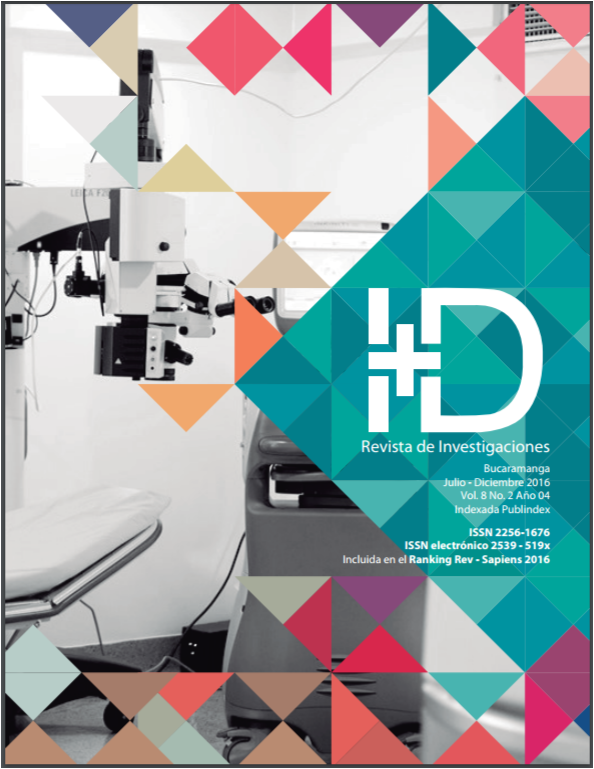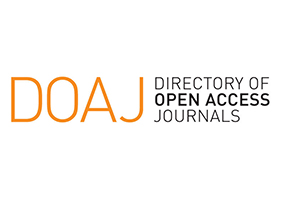Socio-cultural aspects of drug trafficking: yesterday Medellín, today Rosario
DOI:
https://doi.org/10.33304/revinv.v08n2-2016005Keywords:
Identity, Cultural, Drug trafficking, Images, PowerAbstract
Power is a constituent part of the drug trafficking networks. As in the theory of capital of Bourdieu, where different types of capital - social, cultural, legacy, economic, cultural - are commensurable and conversion from one to another is possible, drug trafficking allows to comply powers in legitimate fields, influencing the economic, political, social, sports and religious sectors. This work addresses the sociocultural aspects of drug trafficking on the basis of the structural conditions that are both cause and constituent element of drug trafficking as an actor; and describes the process of formation of identity of drug trafficking and the process of institutionalization of the narcocultura in relation to the most important components of their cultural identity. From actual testimonies is will try to show the representative forms and legitimated mechanisms through which drug trafficking communicates its existence: their modes of expression, its own music, its icons and his saints.Downloads
References
Astorga, L. (2010). “México: de la seguridad a la inseguridad en la transición democrática.” En Maihhold Günter y Jost Stefan (Eds.) El narcotráfco y su combate. Sus efectos sobre las relaciones internacionales. México: Sitesa.
Beck, U. (1998). ¿Qué es la globalización? Falacias del globalismo y respuestas a la globalización. España: Paidós.
Emmerich, N. (2015). Geopolítica del narcotráfco en América Latina. México: IAPEM.
Foucault, M. (1985). Saber y Verdad. España: La Piqueta. Francisco.Vaticano II. Encíclica Laudato Si’. 24 de mayo, 2015.
Kaplan, M. (1992). Aspectos sociopolíticos del narcotráfco. México: Instituto Nacional de Ciencias Penales.
Labrousse, A. (2011). Geopolítica de las drogas. Buenos Aires: Marea.
Nullvalue (1 de mayo de 1994). En los subfondos de Medellín. El Tiempo. Recuperado de http://www.eltiempo.com/archivo/documento/MAM-113440
Ochoa, F. (1989). Un narco se confesa y acusa. Medellín: Colombia Nuestra.
Palacio, G. (1999). La irrupción del paraestado. Ensayos sobre la Crisis colombiana. Bogotá: ILSA-CEREC.
Rossi, A. (Marzo, 2006). Minacce asimmetriche e militarizzazione in America Latina. Giano, Roma, XVIII (52), 34-42.
Rossi, A. (2007). “Drogas y narcotráfco”. Cuadernillo Seminario I Facultad de Ciencia Política y Relaciones Internacionales. 15-26.
Salazar, A. (2001). La Parábola de Pablo. Auge y caída de un gran capo del narcotráfco. Colombia: Planeta Colombiana.
Sennett, R. (2003). El espejo. Nueva York: Anagrama.
Simonett, H. (2004). En Sinaloa nací: Historia de la Música de Banda. México: Asociación de Gestores del Patrimonio Histórico y Cultural de Mazatlán.
Valenzuela, J. M. (2002). Jefe de jefes. Corridos y narcocultura. México: Plaza y Janés.
Wallace, A. (2003). La batalla fnal. Revista Semana. (605), 12-18.












